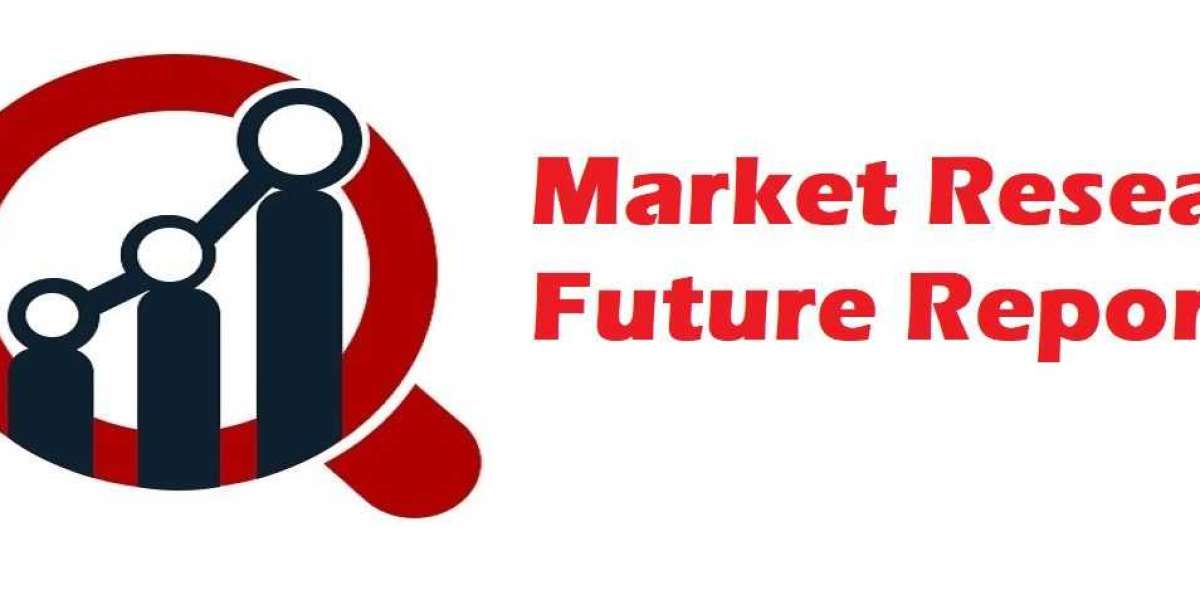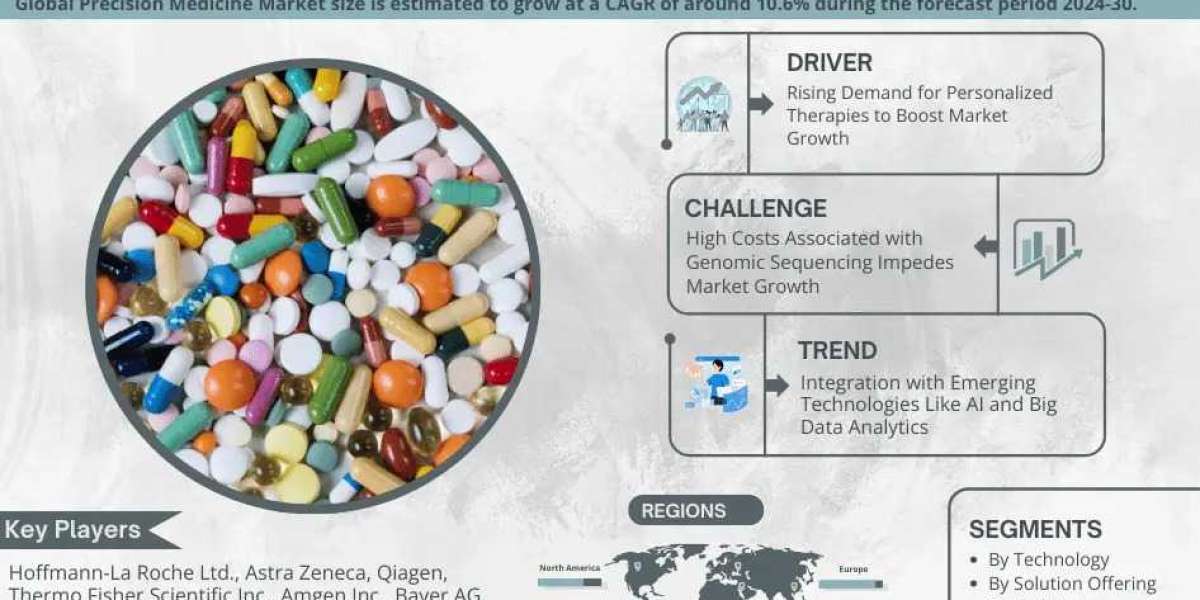Artificial intelligence (AI) is rapidly reshaping various industries, and pharmaceuticals are no exception. In recent years, AI has emerged as a powerful tool in drug discovery, offering unparalleled capabilities to expedite the identification and development of novel therapeutics. With its ability to analyze vast amounts of data, simulate complex biological processes, and generate valuable insights, AI is revolutionizing the way drugs are discovered, developed, and brought to market.
AI for Drug Discovery:
Traditional drug discovery is a lengthy and costly process, often taking over a decade and billions of dollars to bring a new drug to market. However, AI is accelerating this process by streamlining various stages, from target identification to clinical trials. By leveraging machine learning algorithms, AI can analyze large datasets comprising genomic, proteomic, and chemical information to identify potential drug targets with higher precision and efficiency than ever before.
One of the key advantages of AI in drug discovery is its ability to predict the pharmacological properties of potential drug candidates, allowing researchers to prioritize compounds with the highest likelihood of success. Through virtual screening and molecular modeling, AI can simulate the interactions between drugs and biological targets, facilitating the design of more potent and selective therapeutics.
Drug Discovery AI Companies:
The landscape of drug discovery AI companies is rapidly expanding, with a growing number of startups and established players investing in AI-powered technologies. Companies like BenevolentAI, Atomwise, and Insilco Medicine are at the forefront of using AI to accelerate drug discovery and development. These companies employ a range of AI techniques, including deep learning, reinforcement learning, and natural language processing, to analyze biomedical data and generate novel insights.
BenevolentAI, for example, utilizes its AI platform to uncover new drug candidates for a wide range of diseases, including neurodegenerative disorders and cancer. By integrating data from multiple sources and applying advanced machine learning algorithms, BenevolentAI can identify promising drug targets and optimize lead compounds more efficiently than traditional methods.
AI-Powered Drug Development:
In addition to accelerating the early stages of drug discovery AI is also transforming the drug development process. AI algorithms can analyze clinical trial data to identify patient subpopulations that are most likely to respond to a particular treatment, enabling more targeted and personalized therapies. By optimizing clinical trial design and patient recruitment, AI can reduce the time and cost of bringing new drugs to market.
Furthermore, AI is enhancing post-market surveillance and pharmacovigilance by analyzing real-world data to detect adverse drug reactions and monitor drug safety more effectively. By continuously analyzing data from electronic health records, patient forums, and social media, AI can identify potential safety issues earlier, enabling proactive risk management and regulatory compliance.
Future Outlook:
The future of AI in drug discovery holds immense promise, with continued advancements in technology expected to further accelerate the pace of innovation. As AI algorithms become more sophisticated and data sources more abundant, researchers will gain deeper insights into the underlying mechanisms of disease and the efficacy of potential treatments.
Moreover, collaborations between pharmaceutical companies, AI startups, and academic institutions are fostering a culture of innovation and knowledge sharing in the field of drug discovery. By pooling resources and expertise, these partnerships are driving breakthroughs in areas such as drug repurposing, combination therapy, and precision medicine.
Browse Related Reports:
Artificial Pancreas Device System Market
Medical Radiation Detection, Monitoring Safety Market
For More Information, Please Visit @ Market Research Future



